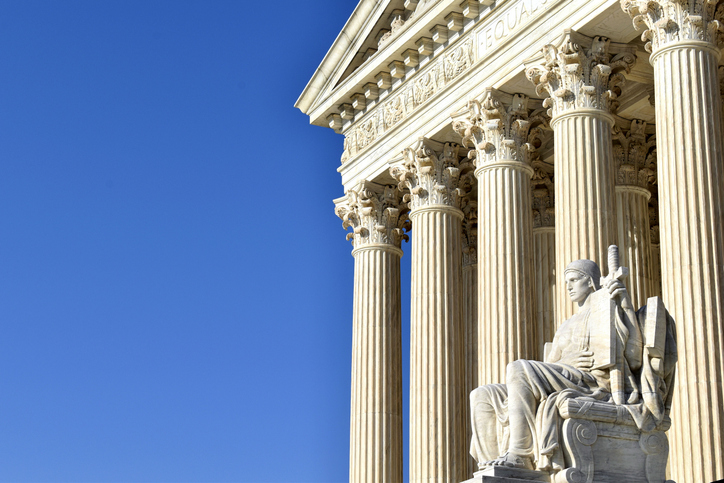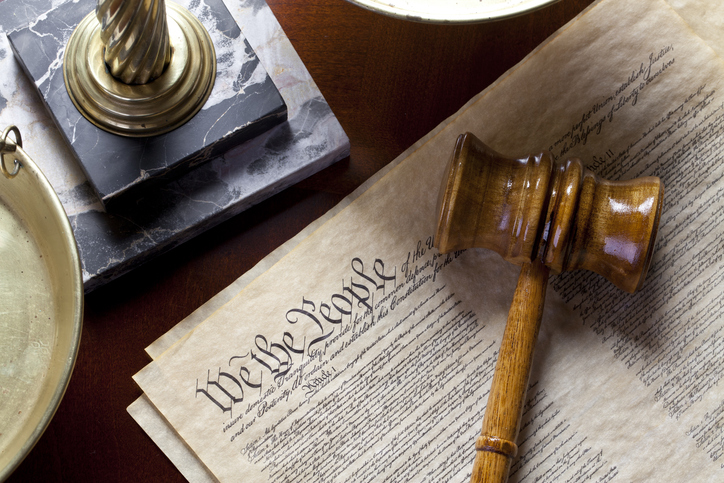Bloomberg BNA: Plaintiff Petitions Supreme Court About D.C. Circuit Attorney Privilege Case
By Michael Greene
Dec. 9 — A whistle-blower bringing a False Claims Act lawsuit is asking the Supreme Court to overturn a D.C. Circuit decision that found that Kellogg Brown & Root was not required to disclose certain documents requested during discovery because of the attorney-client privilege.
Resolving a question about the confidentiality of communications with in-house attorneys, a three judge panel of the U.S. Court of Appeals for the District of Columbia in June determined that under the privilege, KBR could withhold 89 documents relating to an internal probe about potential kickbacks in Iraq.
The D.C. Circuit Sept. 2 denied a request for an en banc rehearing.
In his Dec. 1 petition for certiorari, whistle-blower Harry Barko claims that the D.C. Circuit applied the incorrect standard for granting KBR’s petition for mandamus in vacating an order by U.S. District Court for the District of Columbia Judge James Gwin, who ruled in March that the attorney-client privilege did not apply to the requested documents.
Barko claims that the D.C. Circuit’s decision “expressly contradicted” the Supreme Court’s landmark mandamus-related ruling in Mohawk Industries, Inc. v. Carpenter, 550 U.S. 100 (2009).
According to the petition, the appellate court granted mandamus review “without stringent adherence to the three-part mandamus test set forth” by the Supreme Court, which deepens a circuit split and creates confusion “on the important threshold issue of mandamus jurisdiction in light of the [Supreme] Court’s decision in Mohawk.”
Barko additionally claims that the appellant court’s holding contradicts Upjohn v. United States because it “vastly expanded the attorney-client privilege by wrongfully applying its protections.”
Meanwhile, on Nov. 20, after the D.C. Circuit remanded the underlying case, Judge Gwin ruled that KBR would have to disclose information regarding the internal investigation under a different theory from his overturned ruling.
KBR has filed a motion to reconsider this decision and is seeking permission to file an interlocutory appeal.
Stephen M. Kohn, Kohn, Kohn & Colapinto, LLP, who is representing Barko, told Bloomberg BNA that he did not expect the D.C. Circuit’s decision to prevent consideration of these new issues because the mandamus issue is a matter that is not just capable of repetition, but actually is being repeated.
He added that it is incomprehensible and impossible to litigate a case if every time a judge issues a privilege decision, you go up to the appeals court.
John P. Elwood, Vinson & Elkins, LLP, who is representing KBR, told BBNA that the D.C. Circuit reached the correct decision. He added that the plaintiff’s Supreme Court petition fundamentally misunderstands privilege law and that this case is indistinguishable from Upjohn.
However, Kohn views these issues very differently. “KBR is asserting privileges to try to hide the truth about facts related to stealing from the government, but those facts will come out,” he said. “Their attempt to wear us down through multiple mandamuses will not be successful. We will fight every single one of them.”
To contact the reporter on this story: Michael Greene in Washington at [email protected] To contact the editor responsible for this story: Ryan Tuck at [email protected]
Latest News & Insights
January 22, 2025




